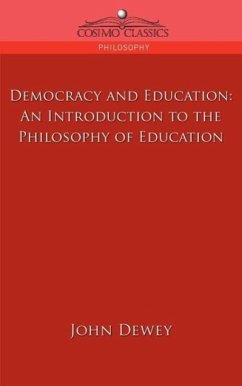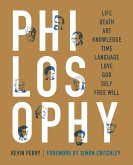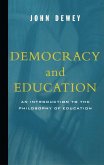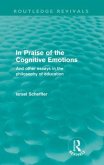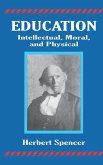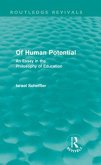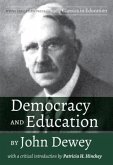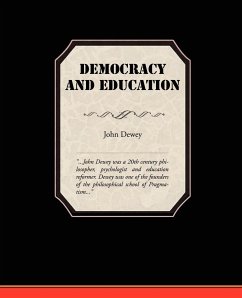[A]s long as men kept a sharp disjunction between knowledge and ignorance, science made only slow and accidental advance. Systematic advance in invention and discovery began when men recognized that they could utilize doubt for purposes of inquiry by forming conjectures to guide action in tentative explorations... -from "Experience and Thinking" One of the most influential figures in the progressive education movement of the early 20th century delineated here, in this 1916 volume, his profoundly revolutionary ideas about how best to teach young minds to be vigorous citizens of a truly democratic society. Reconciling classic philosophies of Rousseau and Plato with the needs and demands of the modern world, Dewey emphasizes critical thinking, problem solving, and learning through practical applications of complex concepts to create an integrated, holistic approach not merely to "schooling" but to the training and uplifting of the minds of children. Dewey and his progressive philosophies fell out of favor after World War II, but they are well worth revisiting today, in an era when American schools and their educational processes are again under fire. American educator and philosopher JOHN DEWEY (1859-1952) helped found the American Association of University Professors. He served as professor of philosophy at Columbia University from 1904 to 1930 and authored numerous books, including The School and Society (1899), Experience and Nature (1925), Experience and Education (1938), and Freedom and Culture (1939). 435cosimo ad1596054085_int_back 436-438blank1596054085_int_back
Hinweis: Dieser Artikel kann nur an eine deutsche Lieferadresse ausgeliefert werden.
Hinweis: Dieser Artikel kann nur an eine deutsche Lieferadresse ausgeliefert werden.

